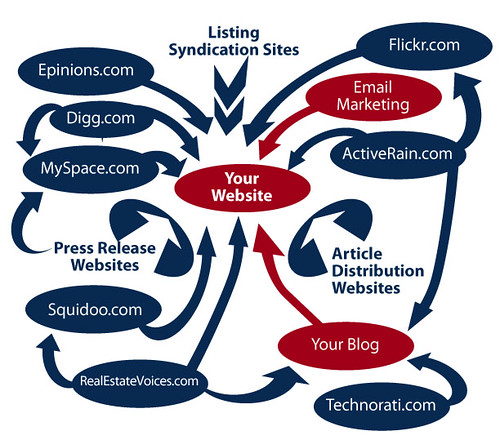Freelancers mostly get paid for their time and their expertise. You go to a freelancer because you want her to do something for you that you cannot do yourself. SEO, on the other hand is search engine optimisation – it is what you do if you want more visitors to your website getting to your site through the search engines (Google, etc).
Let’s assume that like any other good and forward-looking freelancer, you have a website. Is SEO important to you?? Honestly, search engine traffic is not tremendously useful for freelancers. That’s just the truth. Unless you’re targeting extremely local markets (like “graphic designers in Kisumu”), then SEO is mostly a waste of time and money.
Why? Well, generally, the market is too big to get any appreciable amount of useful web traffic. There’s too much competition – too many logo designers, too many web designers, etc. In my experience, it is hard for freelancers to get search engine traffic that leads to actual paying customers. Believe it or not, most people who are going to visit a freelancer’s website will probably actually type in the site into their web browsers (they already know about you and your site – maybe they read it off your business card) or people who clicked on a link somewhere and got to your site.
So, dear freelancers-reading-this, if I were you, I wouldn’t spend any money hiring anyone to do SEO for you. Of course do not ignore it completely, just don’t focus on it – an online freelancer doesn’t need 1000 visitors a day to make money online. The good thing is that SEO is not the only way to market online.
How do you market your freelancing service?
 A whole lot of people dismiss Kenyan online business as being ahead of their time. Some people even go as far as claiming online entrepreneurs in Kenya as being misguided, or even plain silly. The usual explanation is that Kenya is still very new and untested as far as the internet goes…etc etc. But who will do the ‘testing’ if no one dares to try? The good news is that more and more Kenyan online businesses are being launched. When are you launching yours?
A whole lot of people dismiss Kenyan online business as being ahead of their time. Some people even go as far as claiming online entrepreneurs in Kenya as being misguided, or even plain silly. The usual explanation is that Kenya is still very new and untested as far as the internet goes…etc etc. But who will do the ‘testing’ if no one dares to try? The good news is that more and more Kenyan online businesses are being launched. When are you launching yours? I’m sure you’ve heard of them too, haven’t you? You know, those kids making millions on the net…. Wouldn’t it be nice if we could all just finally get how this internet thing works? Then we’d all be making millions like they do.
I’m sure you’ve heard of them too, haven’t you? You know, those kids making millions on the net…. Wouldn’t it be nice if we could all just finally get how this internet thing works? Then we’d all be making millions like they do.